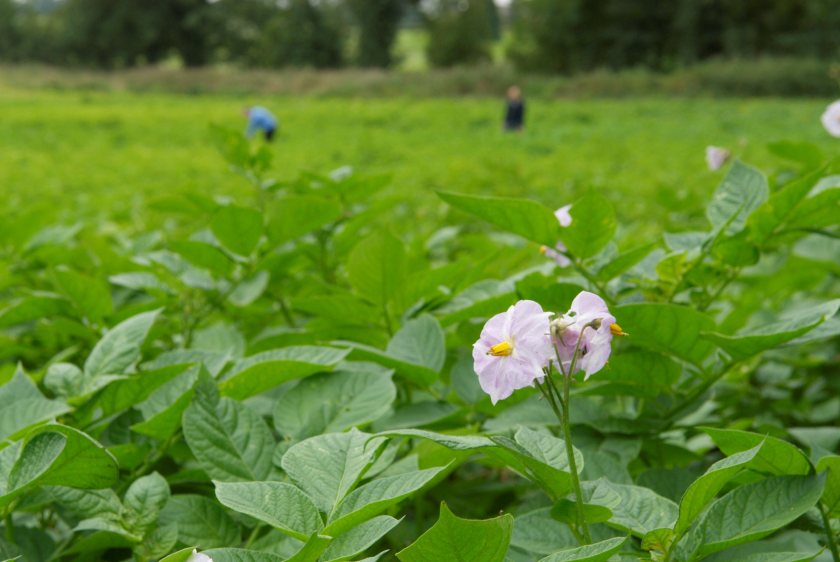
Dozens of farmers who supply potato producer Albert Bartlett are taking part in an exercise to control aphid numbers and combat viral infection levels in crops.
Aphid types on farms across Scotland will be identified, counted, and reported weekly by Fera Science, along with the virus transmission risk.
A total of 45 growers have signed up to the process for the 2024 season, with each returning up to ten sampling traps for analysis throughout the season.
Aphids can cause stunting of potato plants, reducing yields and impacting tuber quality.
Common viruses - such as potato leafroll virus (PLRV) and potato virus Y (PVY) - can cause yield losses of 50% in ware crops.
Experts fear that virus pressure from aphids has increased in recent years due to milder winters, which has seen aphids taking flight earlier.
This is against the backdrop of a reduction in approved and effective insecticides available for use in seed crops.
Will Jackson, of Albert Bartlett, said investing in the monitoring scheme would help safeguard the health status of the potato seed supplied to ware growers.
“Understanding the presence of the aphid species present is fundamental to determining the risk of virus transmission, allowing seed growers to target the use of the limited number of insecticides available.”
Growers taking part can access their aphid results, and those of others taking part in the scheme, via weekly updates on the scheme’s website.
Fera Science also provides a variety of text and email alerts which growers can choose to sign up to.
